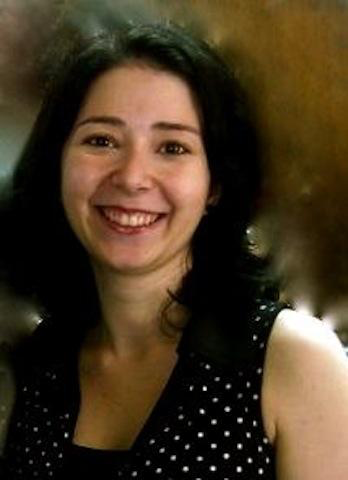Shall we go against nature – Part 2
Continuing with the reflection expressed in the post “Shall we go against nature” on January 22nd I would like to add an observation. Drama has an advantage over all other subjects whichis that the vast majority of students, not to say all of them, like it. Those students who are usually reluctant to participate, during Drama theyend up doing it and enjoying it.
Throughout the school period from Kindergarten to Secondary, the student’s interest in Theatre and Arts vary. It is not difficult to engage children between ages 3 and 7 in acting and creating characters. It is practically innate in them to do so, therefore with minimal and simple guidelines they immediately play the game and without realizing it they are already acting and creating a story. In that sense Theatre reaches the child almost naturally. When children are between 8 and 12 years old we find students who do not want or are not interested in telling a story, with characters, etc., but I think this is because they are more selective with the themes. As they have more firm interests, it is up to us, teachers, to plan proposals that are more appealingto them in order to get the most out of the activity and the resulting learning. When we achieve this, we are all satisfied, because students participate with greater commitment andare the protagonists of the activities. From 13 to 16 year olds, other factors are taken into consideration. In Uruguay, the higher the level of curriculum, the less room for creativity.
That is to say, the more the student grows and progresses in his or her schooling, the fewer the hours assigned to subjects related to Art (Theatre, Music, Singing, Dance, Visual Arts) which inevitably numbs the student’s playful and creative capacity in the classroom. Therefore, when a teacher proposes to do Art, in any of its disciplines, he/she finds rejection at first. But it ismore like a blocking from the student, a refusal to expose one-self in front of one’s classmates, to “make a fool of one-self”.
But if, as teachers, we manage to overcome this first barrier and demonstrate that the classroom is a safe environment to work, to respect, to trust and to have fun, I can assure that you will have full support from your students and they will be able to imagine and carry out projects in harmony. During a lesson whenbarriers are torn down and fears are overcome, there is no better place for anything else than meaningful and memorable learning.




